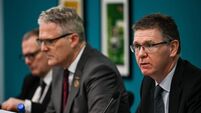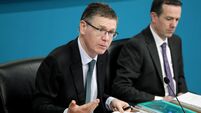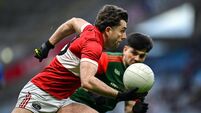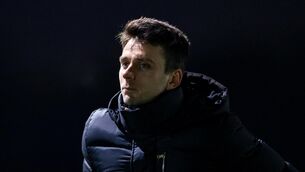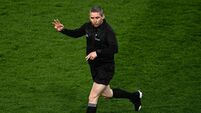Ciarán Sheehan: Cork football still in search of its identity
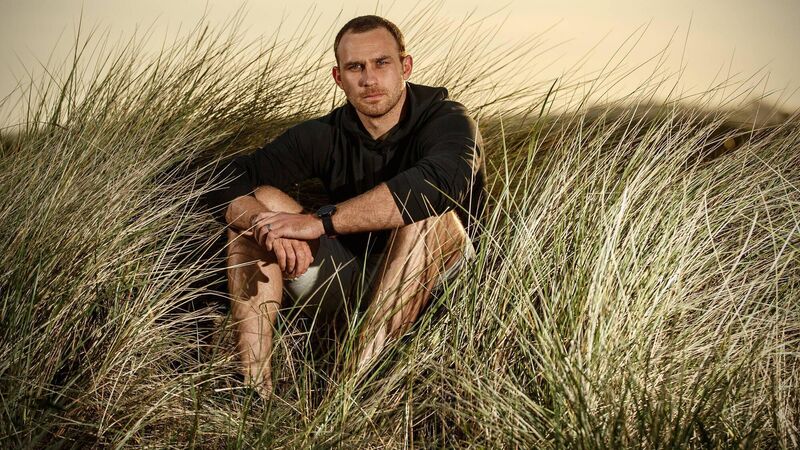
Ciaran Sheehan Feature, Ballynamona Beach, East Cork, 27/5/2020 Cork footballer Ciaran Sheehan Mandatory Credit ©INPHO/James Crombie
It’ll never leave him. They’ll always be part of him. Even when he was Down Under, or now in the day job after handing back the jersey, Cork football and the Cork footballers have informed so much of what Ciarán Sheehan is and has been about.
For the last six months he’s been working with a start-up company called Green Rebel and he’s struck by how much of what he does is shaped by his time being a red one.




